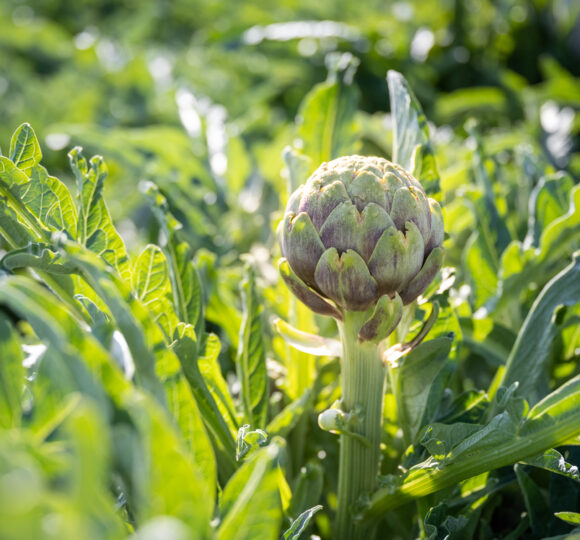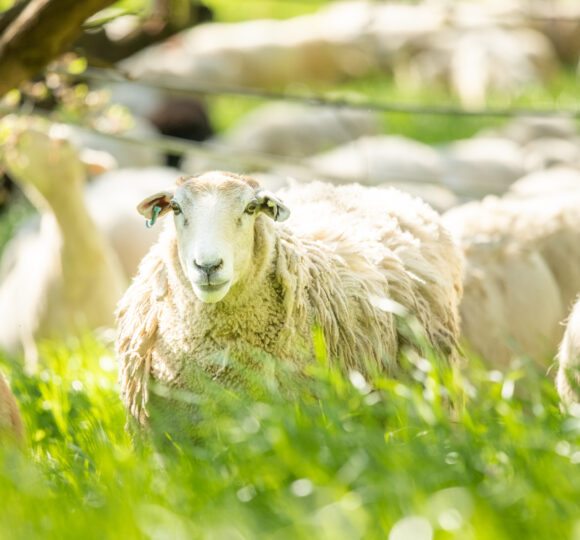Growers across the West Coast face increasing water unpredictability driven by climate change, prolonged drought, and shifting water policies. For small-scale and historically underserved farmers, limited access to funding, technical assistance, and water rights often means they must adapt with fewer resources. And yet many are leading the way, developing low-cost, resource-efficient strategies out of necessity and ingenuity. These case studies are part of a broader initiative to support farmer-led innovation. Based on lessons from six farms and a decade of dry farming work in Oregon through the Dry Farming Institute, the case studies share the process, tools, and resources that have been most helpful for producers.
Western Water Resilience Case Studies
- Project Overview
- Oregon State University’s Dry Farming Program, Corvallis, Oregon
- Kasama Farm at Headwaters Incubator Farm, Gresham, Oregon
- Outback Farm at Western Washington University in Bellingham, Washington
- Tel-tvm’ (Siletz Tribal Farm), The Confederated Tribes of Siletz Indians Health Clinic – Food Sovereignty Program, Logsden, Oregon
- Raptor Creek Farm, Josephine County Food Bank, Grants Pass, Oregon
- The University of Washington (UW) Farm, Seattle, Washington
This project was a collaboration between American Farmland Trust, the Dry Farming Institute, Oregon State University Extension, the Washington Water Trust, the USDA California and Northwest Climate Hubs and Oregon Climate and Agriculture Network. This project was supported by the USDA National Institute of Food and Agriculture’s Extension, Education, and USDA Climate Hubs Partnership program (Award #2023-67019-39349) in 2024, focused on providing effective, translatable, and scalable approaches to address climate change through regional partnerships.





